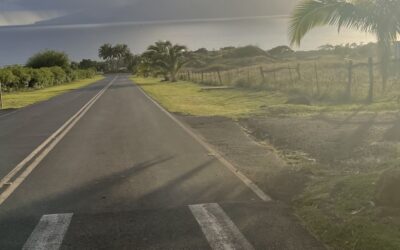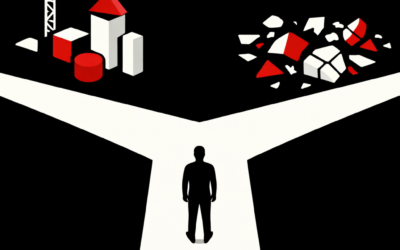Suffering from a terrible triad injury is not just a physical ordeal; it’s a profound journey that reshapes your relationship with your body and tests the limits of your patience. The term “terrible triad injury” refers to a specific combination of injuries in the elbow: a dislocation, a radial head fracture, and a coronoid process fracture. This triad creates a complex challenge for both patients and medical professionals, given its intricate and demanding recovery process. Through my own experience, I’ve gathered invaluable insights that go beyond the medical textbooks, offering lessons in intimacy with your body, patience, and the art of slow healing.
Intimacy with Your Body
One of the first and most profound lessons I learned from my terrible triad injury was the importance of becoming intimately acquainted with my body. Before my injury, I took the seamless functioning of my body for granted. However, this experience forced me to pay attention to every nuance and signal my body sent.
- Listening to Pain: Understanding the difference between different types of pain became crucial. Sharp pain often indicated that I was pushing too hard, while a dull ache usually meant that I needed to give my body more time to heal.
- Recognizing Limits: I learned to recognize and respect my physical limits. Pushing beyond what my body could handle wasn’t a demonstration of strength but a step backward in my recovery process.
- Mind-Body Connection: This injury deepened my mind-body connection. I became more attuned to how stress, nutrition, and rest impacted my healing process. This mindfulness allowed me to create a more supportive environment for my recovery.
Patience: The Ultimate Virtue
Healing from a terrible triad injury is a marathon, not a sprint. This slow, often frustrating process taught me the true essence of patience.
- Small Wins Matter: I celebrated small milestones, like regaining a few degrees of motion or being able to complete a simple task independently. These small victories kept my spirits high and motivated me to keep going.
- Trusting the Process: There were days when progress seemed nonexistent, and setbacks were frequent. Trusting the healing process and the advice of my medical team was crucial. Patience meant understanding that healing is non-linear and that every step, no matter how small, was progress.
- Mental Fortitude: The mental aspect of recovery was as challenging as the physical. Cultivating a mindset of patience helped me manage frustration and avoid the pitfalls of negativity.
The Slow Healing Process
The complexity of a terrible triad injury means that healing is inherently slow. This slow pace brought several key learnings:
- Comprehensive Rehabilitation: My rehabilitation program was extensive, involving physical therapy, strength training, and flexibility exercises. Consistency and adherence to this regimen were essential for recovery.
- Dealing with Setbacks: Setbacks were a natural part of the process. Instead of viewing them as failures, I learned to see them as opportunities to reassess and adjust my recovery plan.
- Holistic Healing: Healing extended beyond the injury site. Proper nutrition, adequate sleep, and stress management played significant roles in my overall recovery. I learned that healing the body also required nurturing the mind and spirit.
My journey through a terrible triad injury was a profound experience that reshaped my understanding of healing, patience, and self-care. It taught me to listen to my body, celebrate small victories, and trust the slow but steady process of recovery. This journey wasn’t just about healing an injury; it was about cultivating a deeper connection with my body and mind, fostering patience, and embracing the holistic nature of recovery.
Through this experience, I’ve gained a newfound respect for the resilience of the human body and the power of patience. For anyone facing a similar challenge, remember that healing is not a race but a journey—one that, with patience and self-awareness, leads to growth and renewal.




0 Comments